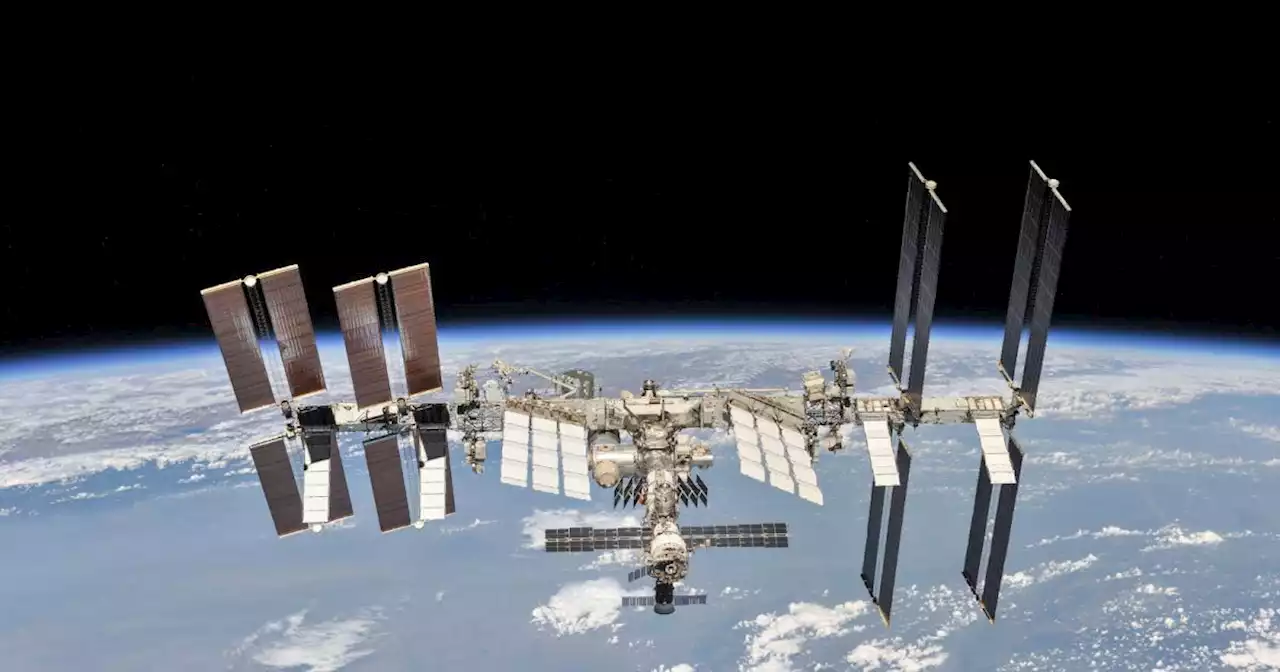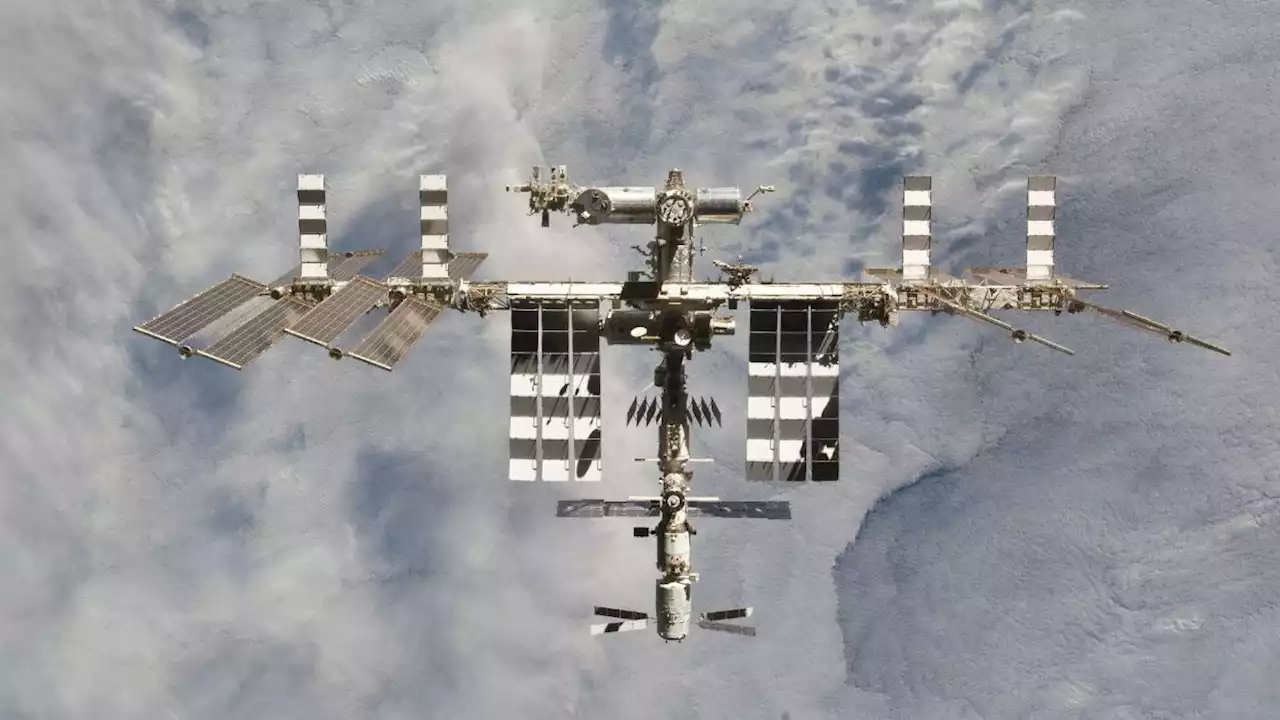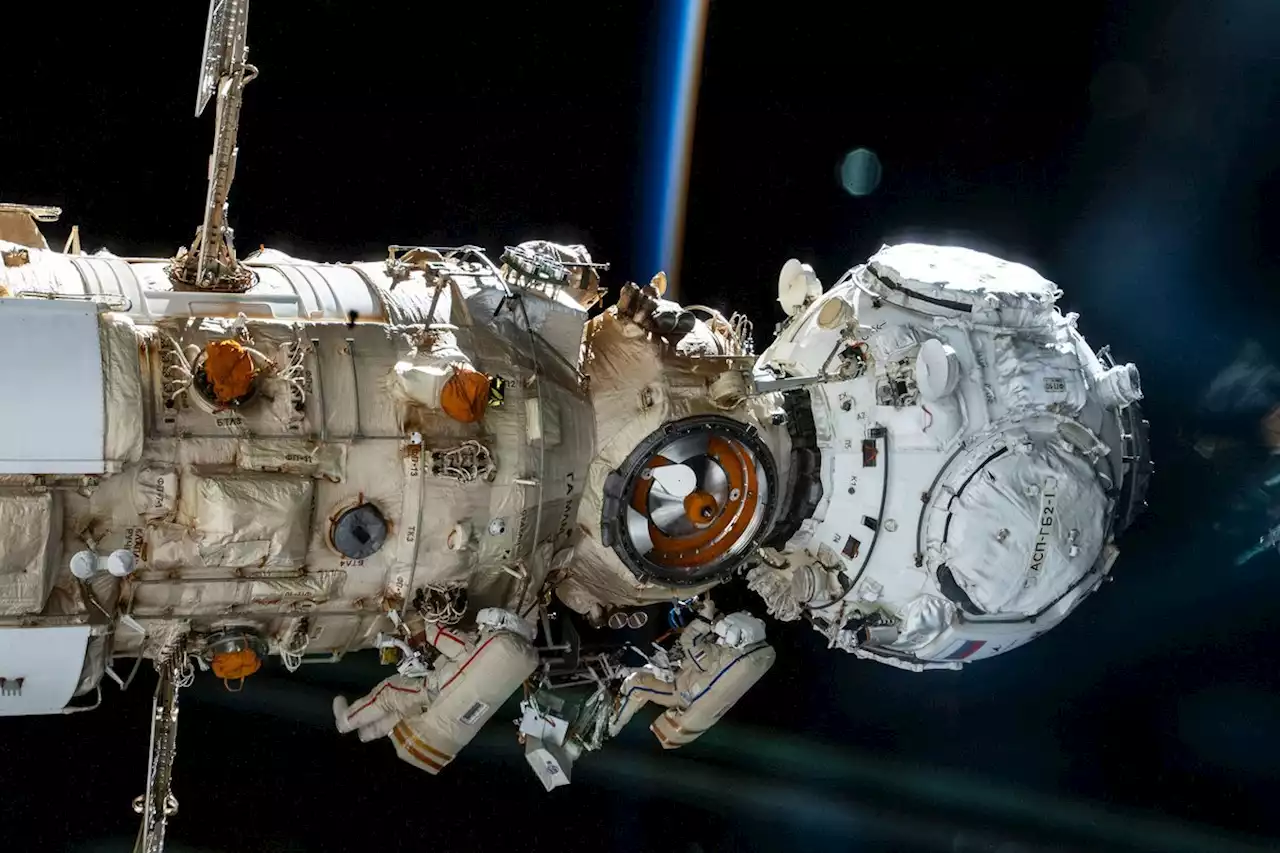The International Space Station (ISS) partners have committed to extending its operations, with the United States, Japan, Canada, and European Space Agency (ESA) countries supporting it until 2030, and Russia until 2028. The ISS has been a unique platform for conducting cutting-edge science and r
Monday November 2, 2020, marked 20 years since the first crew took up residence on the International Space Station. Since then the football field-sized feat of engineering has hosted 26 European missions and supported over 2700 international experiments to improve life on Earth and in space.
“The International Space Station is an incredible partnership with a common goal to advance science and exploration,” said Robyn Gatens, director of the International Space Station Division at NASA Headquarters in Washington. “Extending our time aboard this amazing platform allows us to reap the benefits of more than two decades of experiments and technology demonstrations, as well as continue to materialize even greater discovery to come.
The International Space Station photographed by Expedition 56 crew members from a Soyuz spacecraft after undocking on October 4, 2018. NASA astronauts Andrew Feustel and Ricky Arnold and Roscosmos cosmonaut Oleg Artemyev executed a fly around of the orbiting laboratory to take pictures of the station before returning home after spending 197 days in space. Credit: NASA/Roscosmos
Since its launch in 1998, the International Space Station has been visited by 266 individuals from 20 countries. The space station is a unique scientific platform where crew members conduct experiments across multiple disciplines of research, including Earth and space science, biology, human physiology, physical sciences and technology demonstrations that could not be done on Earth.
The space station is one of the most complex international collaborations ever attempted. It was designed to be interdependent, relies on contributions from across the partnership to function, and no partner currently has the capability to operate the space station without the other.
United States Latest News, United States Headlines
Similar News:You can also read news stories similar to this one that we have collected from other news sources.
 Russia will continue supporting the International Space Station until 2028 | EngadgetRussia has formally agreed to remain aboard the International Space Station (ISS) until 2028, NASA has announced..
Russia will continue supporting the International Space Station until 2028 | EngadgetRussia has formally agreed to remain aboard the International Space Station (ISS) until 2028, NASA has announced..
Read more »
 Russia agrees to stay aboard International Space Station through 2028And the other major partners have signed on through 2030.
Russia agrees to stay aboard International Space Station through 2028And the other major partners have signed on through 2030.
Read more »
International Space Station to operate through at least 2028, as partners agree to extensionInternational Space Station to operate through at least 2028, as all partners agree to extension
Read more »
NASA's Super Guppy delivers space shuttle module for reuse on Axiom Space's commercial stationNASA's Super Guppy aircraft landed at Ellington Field Tuesday with a piece of NASA...
Read more »
 NASA Updates Coverage of Roscosmos Spacewalks at Space StationNASA will provide live coverage as two Roscosmos cosmonauts conduct two spacewalks in May outside the International Space Station to relocate hardware from the Rassvet module to the new Nauka multipurpose laboratory module.
NASA Updates Coverage of Roscosmos Spacewalks at Space StationNASA will provide live coverage as two Roscosmos cosmonauts conduct two spacewalks in May outside the International Space Station to relocate hardware from the Rassvet module to the new Nauka multipurpose laboratory module.
Read more »
 Blue Oceans in Outer SpaceThe void beyond Earth has become an exciting frontier for entrepreneurial ventures. SpaceX, Blue Origin, and scads of other companies are pursuing commercial activities in outer space—launching rockets to send tourists to new heights, deploying satellites to collect data and improve terrestrial telecommunications and logistics, and developing novel space-driven products and services. This article reviews three new books that will captivate readers who are curious about the booming industry growing up around space exploitation: When the Heavens Went on Sale: The Misfits and Geniuses Racing to Put Space Within Reach, by Ashlee Vance; The Space Economy: Capitalize on the Greatest Business Opportunity of Our Lifetime, by Chad Anderson; and A City on Mars: Can We Settle Space, Should We Settle Space, and Have We Really Thought This Through? by Kelly and Zach Weinersmith. The article identifies useful digital resources as well, including the podcast TerraWatch Space.
Blue Oceans in Outer SpaceThe void beyond Earth has become an exciting frontier for entrepreneurial ventures. SpaceX, Blue Origin, and scads of other companies are pursuing commercial activities in outer space—launching rockets to send tourists to new heights, deploying satellites to collect data and improve terrestrial telecommunications and logistics, and developing novel space-driven products and services. This article reviews three new books that will captivate readers who are curious about the booming industry growing up around space exploitation: When the Heavens Went on Sale: The Misfits and Geniuses Racing to Put Space Within Reach, by Ashlee Vance; The Space Economy: Capitalize on the Greatest Business Opportunity of Our Lifetime, by Chad Anderson; and A City on Mars: Can We Settle Space, Should We Settle Space, and Have We Really Thought This Through? by Kelly and Zach Weinersmith. The article identifies useful digital resources as well, including the podcast TerraWatch Space.
Read more »
